The conductivity of living organs, such as the heart, could be imaged non-invasively using quantum technology developed by UCL researchers, which has the potential to revolutionize the diagnosis and treatment of atrial fibrillation.


Transferón ha demostrado su eficacia como regulador del sistema inmune en otros padecimientos, entre ellos enfermedades respiratorias; esperan autorización.
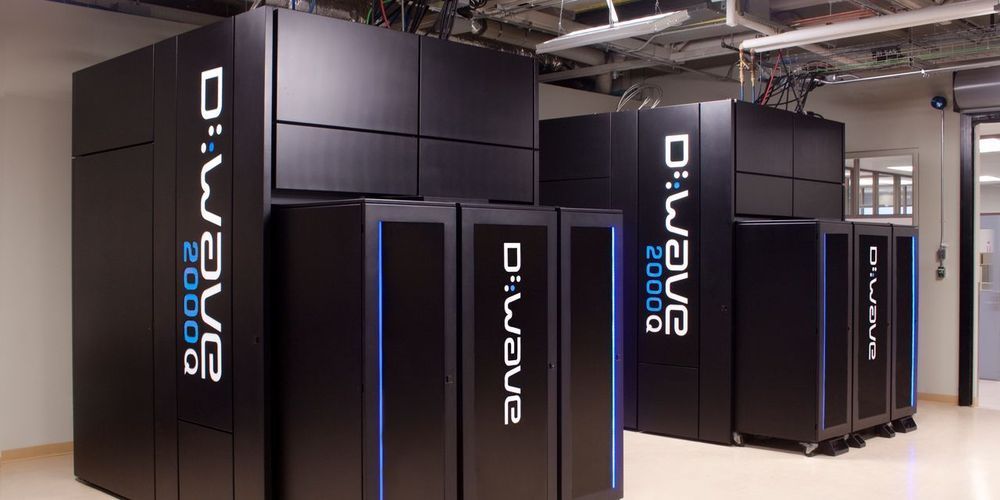
Quantum-computing vendor D-Wave Systems Inc. said Tuesday it is giving researchers and companies studying the novel coronavirus free access to its early-stage, experimental machines over the cloud.
Canadian firm D-Wave is among several technology companies providing free advanced computing resources to researchers working to combat the global pandemic. International Business Machines Corp., for example, in March started offering free remote access to two of the world’s most powerful supercomputers.
D-Wave has assembled a team of experts from about a dozen universities and companies including Volkswagen AG, Denso Corp. and startup Menten AI who are familiar with its quantum-computing services to help interested researchers program the computers.
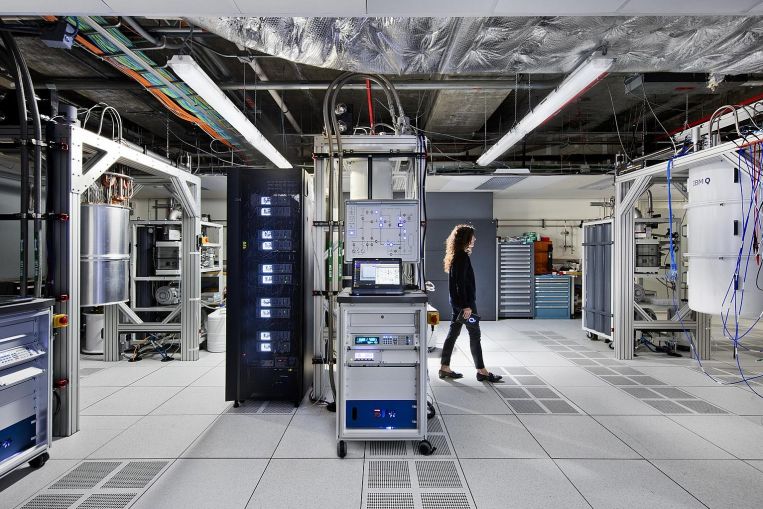
Computing giant IBM and the National University of Singapore (NUS) have embarked on a three-year collaboration to find ways to use quantum computing to solve real-world problems and train quantum scientists.
Quantum computers are currently used in many areas, including medical research into new drug development and the enhancement of cyber security in the financial sector.
The collaboration between IBM and NUS, announced yesterday, is the first of its kind in South-east Asia and gives NUS researchers access to 15 of IBM’s powerful quantum computing systems via a cloud service.

Quantum computing, for its parts, replaces the traditional 1 and 0 computer binary system with a system that calculates the chances of 1 and 0—meaning that it could have both 1 and 0 at the same time, but with different probabilities. “This enables the computing of certain aspects far faster and in a more efficient manner. The computing time could be 1,000 or 10,000 times faster,” said Lupa. When combined with artificial intelligence, machines could learn on their own with the speed of quantum computing, he stated.
At the moment, only massive quantum computers exist, while quantum communications are still at the proof of concept stage. Quantum radars have made some progress. But all of this is expected to change.
“In the end, it will be a revolution,” said Lupa. “But it will not happen tomorrow. When these things become accessible to everyone, then it will be revolutionary.”
This is not normal and there is another 3000 happening right now based on lightning tracker.
More than 3,000 lightning strikes, which occurred mostly during rainstorms, were recorded in central regions of the country on August 15, according to the National Observatory of Athens.
The unusually widespread electrostatic activity was detected by the ZEUS long-range lightning detection system operated by Greece’s main meterological observatory.
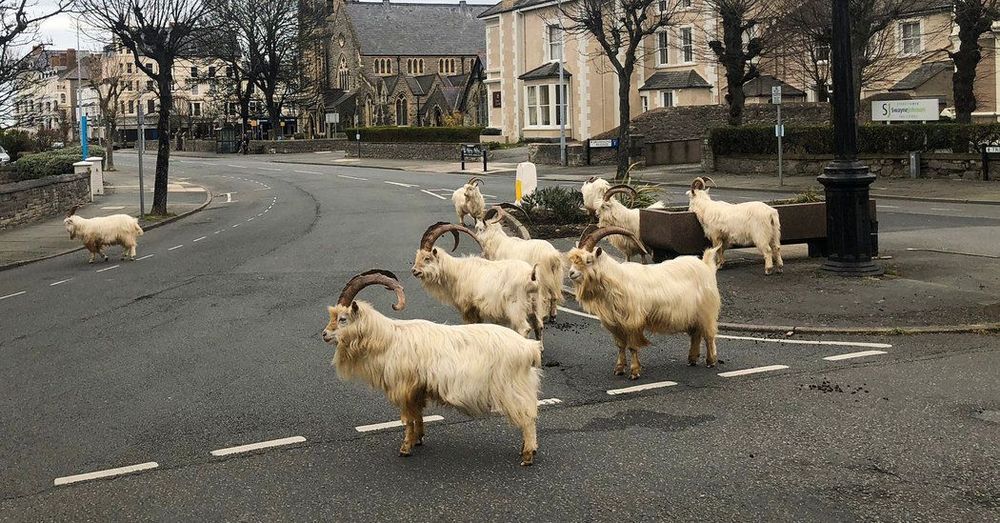
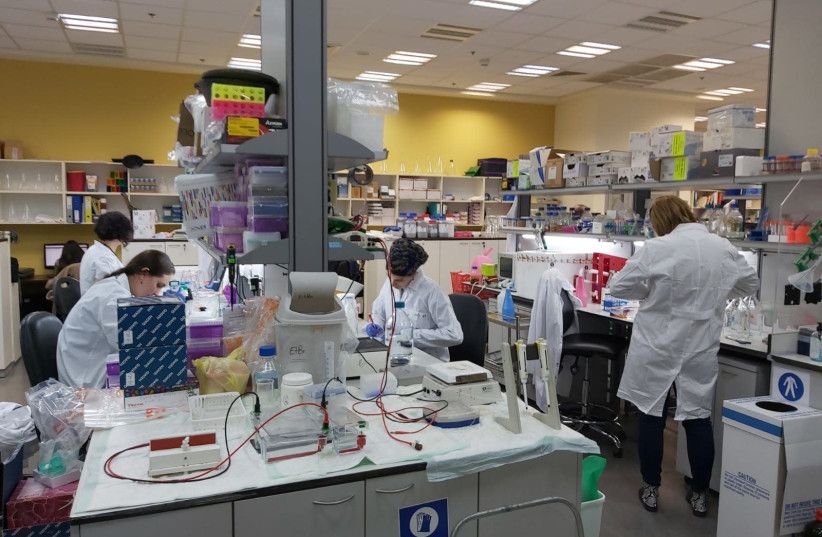
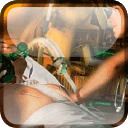

A new blood test that can detect methylation of DNA can accurately predict whether a person has any one of 50 cancers and where the tumour is growing.
The California-based healthcare company Grail, which developed the test, owns a large database of methylation patterns in cancerous and non-cancerous cell-free DNA. From that repository, a machine learning program was developed to analyse blood samples. The algorithm identified methylation changes that are classified as cancerous or non-cancerous, and it could even pinpoint the tissue of origin before the onset of symptoms.
Validation of the test was carried out by researchers from the US at the Mayo Clinic, Cleveland Clinic and Harvard medical school, working with colleagues at the Francis Crick Institute and University College London in the UK. In all, more than 15,000 volunteers from over 140 clinics in North America took part, and their samples revealed that this ‘liquid biopsy’ had a 0.7% false positive rate for cancer detection. The test was also able to predict the tissue that the cancer originated in with more than 90% accuracy. It performed best on 12 of the most common cancers, including ones that are most lethal and have no established screening paradigms such as pancreatic and ovarian cancers.